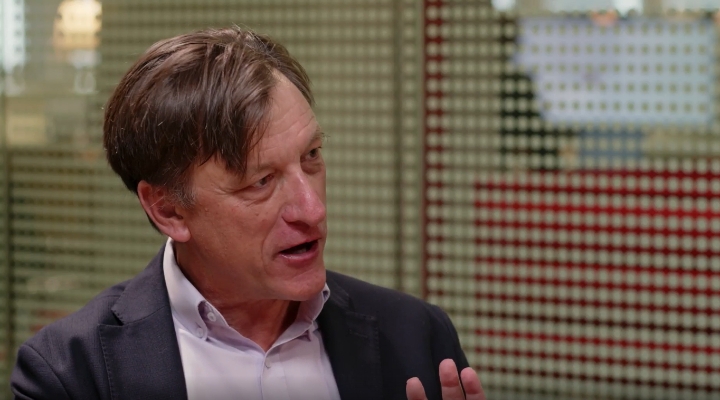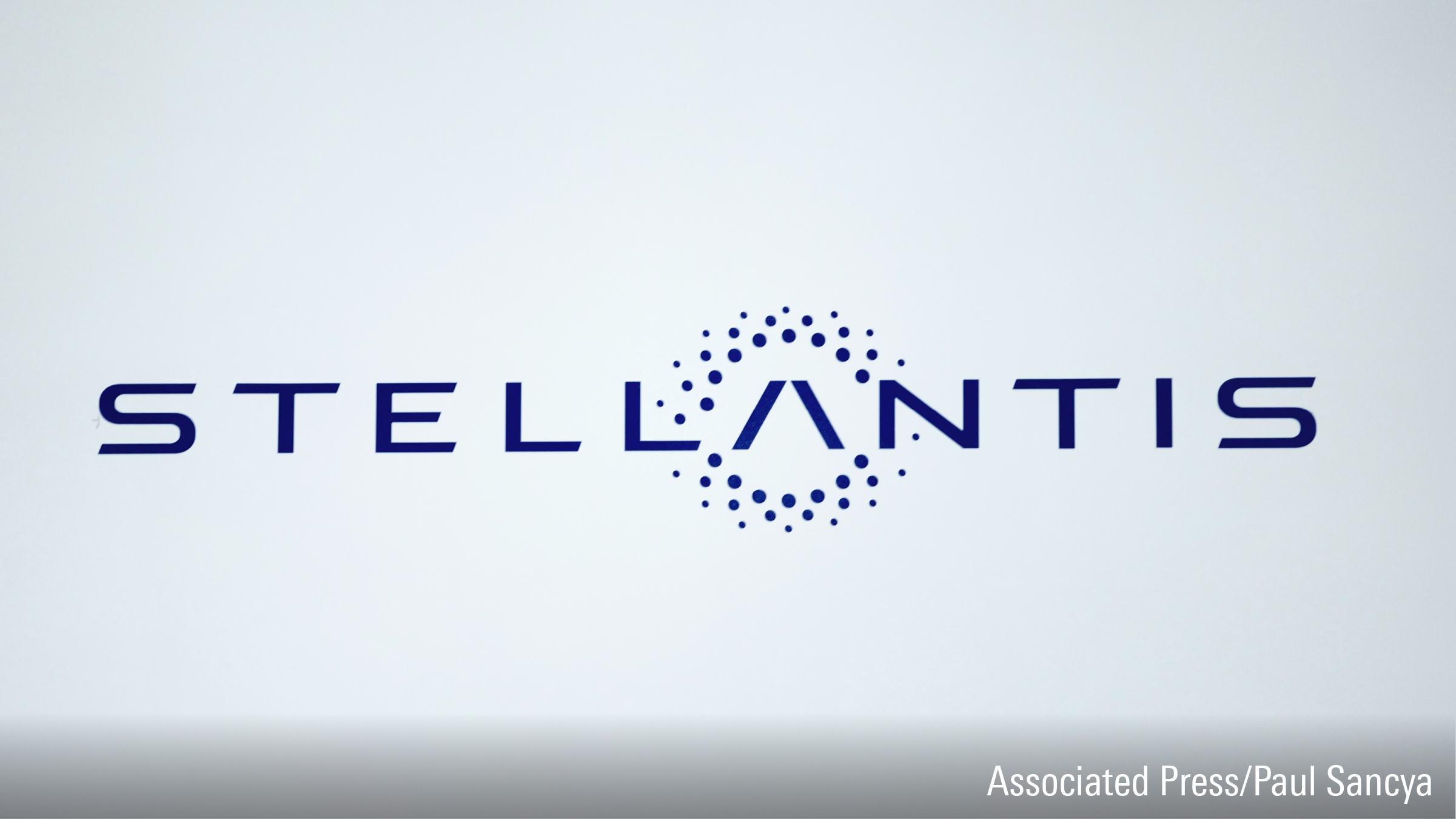
Most investment strategies sound great on paper. However, the devil is always in the detail, and differences in execution lead to performance dispersion among funds that seemingly follow the same great strategy. Consistent execution is paramount to investor success.
Good managers can make bad calls, too. After all, they are human. While a single bad move doesn't mean a manager is subpar, Morningstar analysts keep a close eye on those who are slipping on executing their otherwise-reasonable investment processes. Here we highlight four such funds. The overall Morningstar Medalist Rating provides investors with a guide to analysts' confidence in each strategy.
Banking Stocks Bite
Silver-rated Parnassus Mid-Cap (PARMX) recently suffered from stock-selection misses with outsize losses leading to a Process rating downgrade in January 2024. The fund typically invests a large portion of its assets in firms with Wide or Narrow Morningstar Economic Moat Ratings compared with its benchmark (in this case, the Russell Midcap Index).
However, it had an uncharacteristically high (more than 10%) allocation to firms with no Moat from mid-2016 to late 2022. Some of these holdings included SelectQuote (SLQT), First Republic Bank (FRCB), and the now-defunct Signature Bank, which incurred substantial losses for the strategy. The firm brought in an experienced manager in 2024 to help identify unintended risks, but his focus on growthier stocks could affect the fund's downside protection.
Strengths Become Weaknesses
The managers at Bronze-rated Hartford MidCap (HFMCX) have made some missteps of late. Comanager Phil Ruedi's historical areas of strength, like healthcare and technology, have been the weakest areas over the past three calendar years. The team sold out of smaller stocks that relied on single drug approvals after poor showings in 2021 and 2022, but stock selection in these sectors in 2023 continued to detract from performance. Comanager Mark Whitaker wasn't without fault with his mishandling of First Republic Bank, which was seized by the Federal Deposit Insurance Corporation in April 2023. The team replaced an analyst and reexamined all portfolio positions, though the results remain to be seen. Lower conviction in the investment team resulted in a People Pillar Rating downgrade to Average from Above Average in January 2024, and a late-June addition to the roster doesn't change the fund's prospects.
'Poorly-Timed' Energy Exits
Some funds take a bold approach that requires a particularly consistent execution. Neutral-rated Davis NY Venture (NYVTX) is one such fund, and it has struggled to deliver. Mistakes in stock selection and sector-timing across multiple market environments have piled up, such as its poorly-timed exit from energy stocks in mid-2020. As another example, its sizeable stake in New Oriental Education & Technology Group (EDU) peaked at roughly 6% of assets in 2021 before the share price plummeted by more than 90%. Although bold sector and regional bets are expected of this strategy, a prolonged period of poorly-placed bets detracted from its long-term prospects. This led to a People Pillar Rating downgrade to Average from Above Average in October 2023.
Uncharacteristic Short-Term Trades
Lastly, Bronze-rated Alger Small Cap Focus (AOFAX) bears watching as manager Amy Zhang tried some uncharacteristic short-term trades. The fund's performance plummeted from late 2021 to early 2022 when some of its trades went south. While the portfolio moved back toward healthcare and technology (the lead manager's areas of strength) in 2023, it also built positions in speculative biotech stocks with no revenue, including Cabaletta Bio (CABA), one of the portfolio's top 10 holdings as of January 2024. While investing in early-stage companies is not uncommon for small-growth strategies, it is unusual for this fund, which has historically preferred firms with more proven lines of business.
This article first appeared in the July 2024 issue of Morningstar FundInvestor. Download a complimentary copy of FundInvestor by visiting this website





























